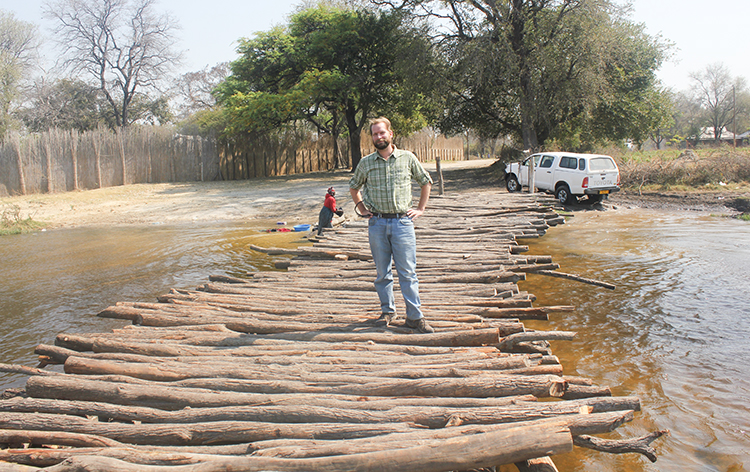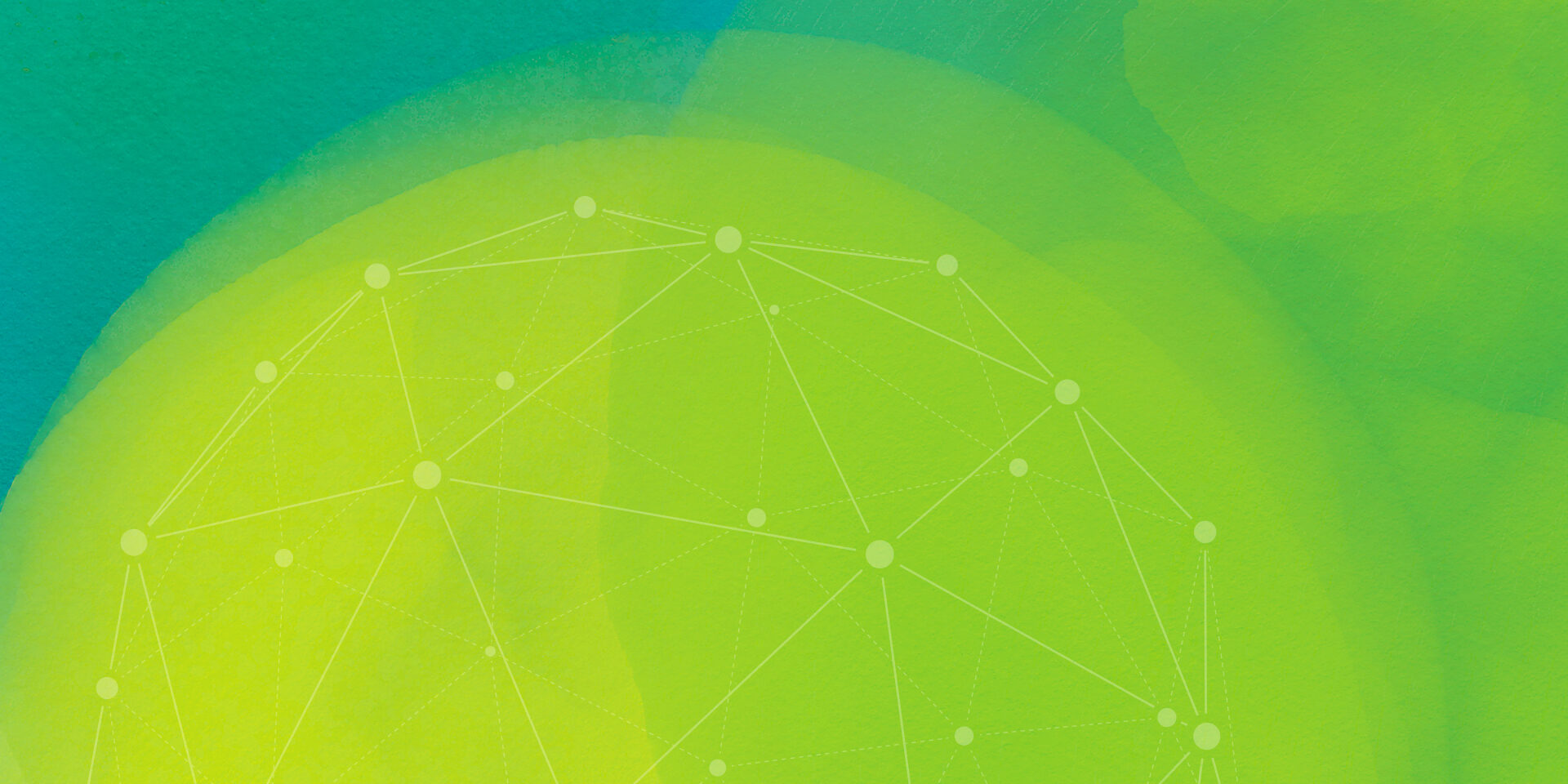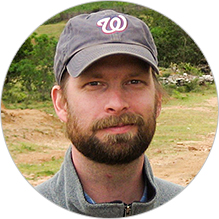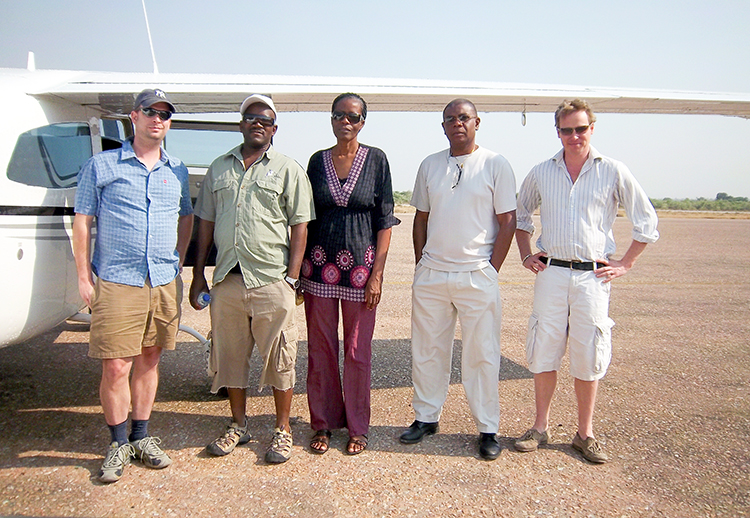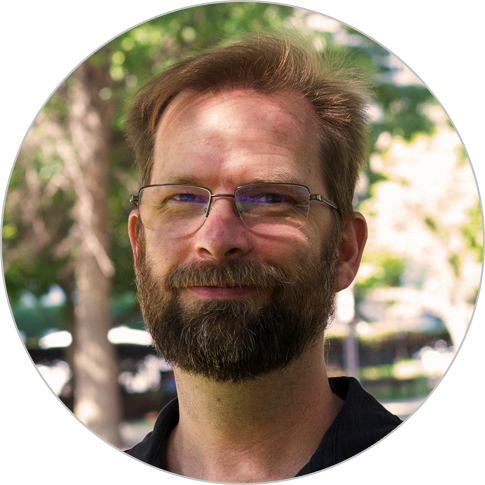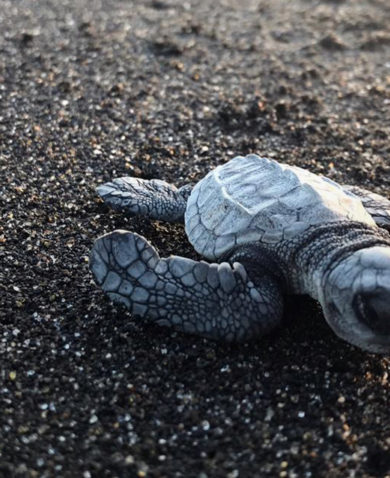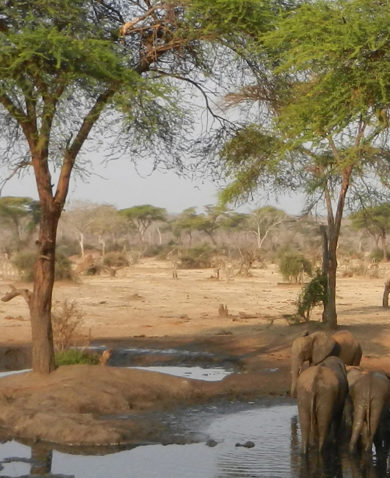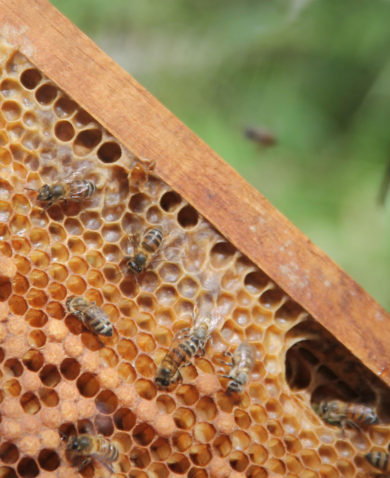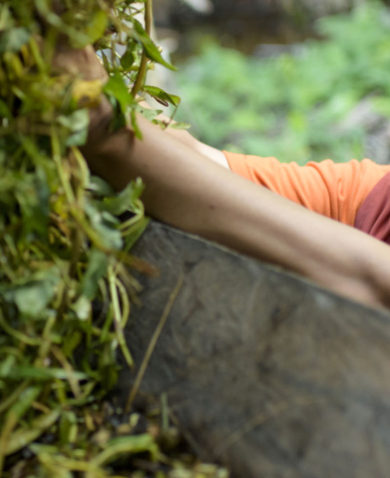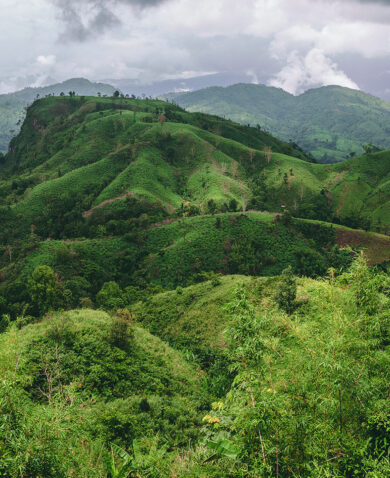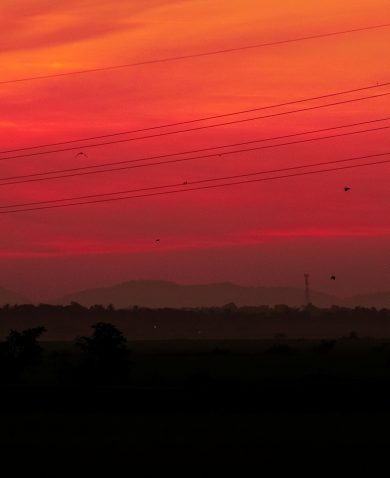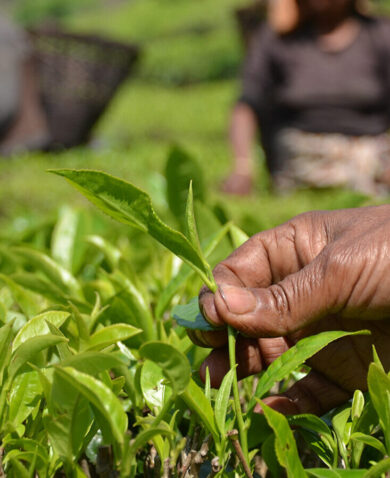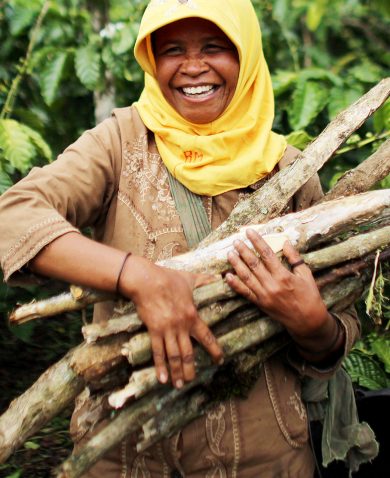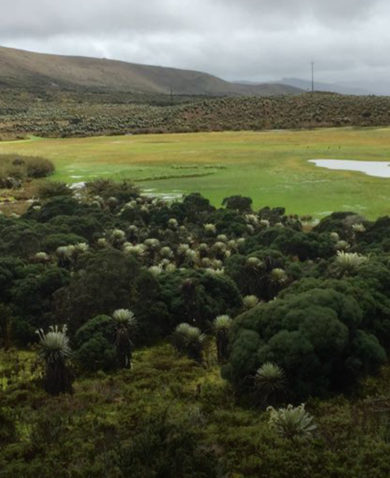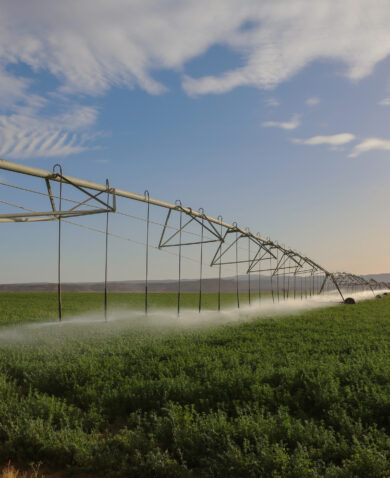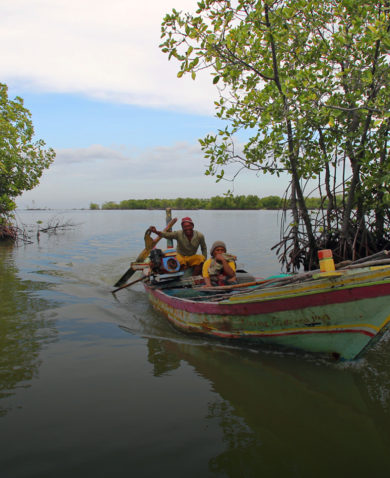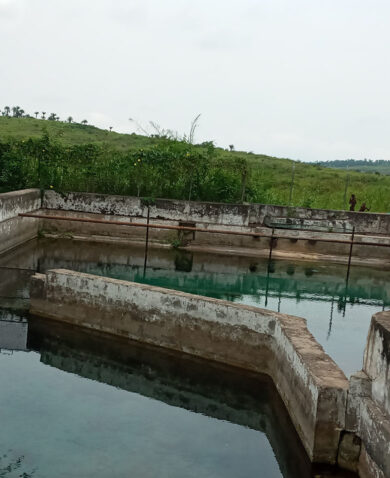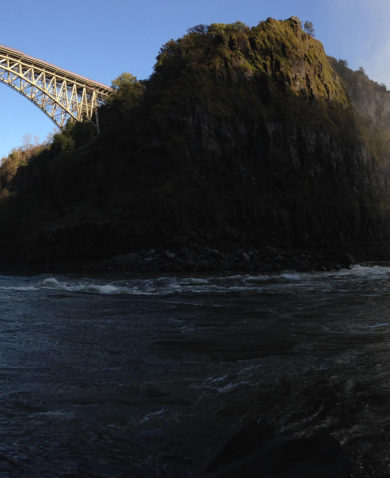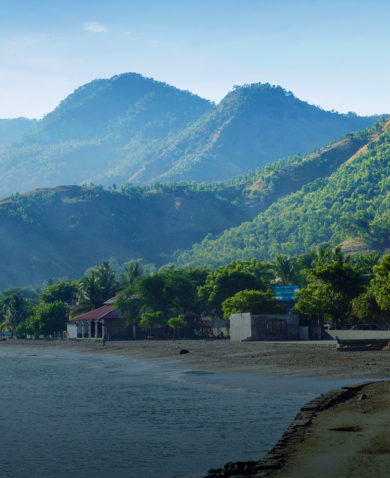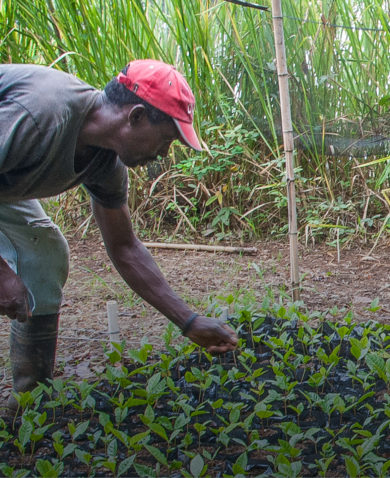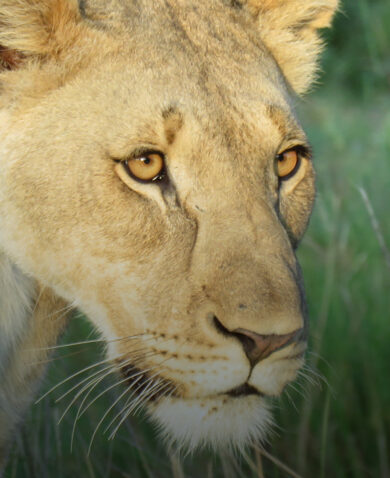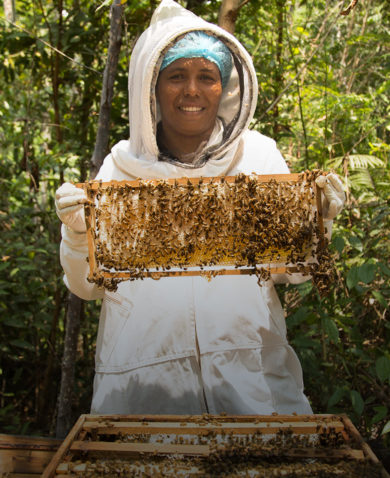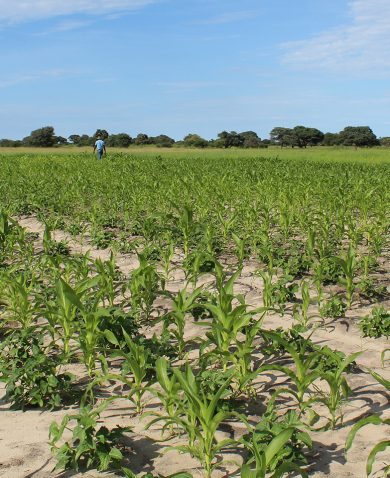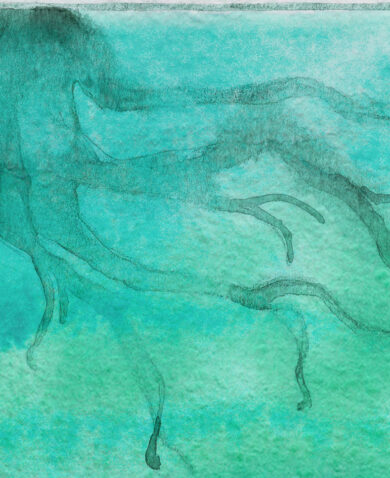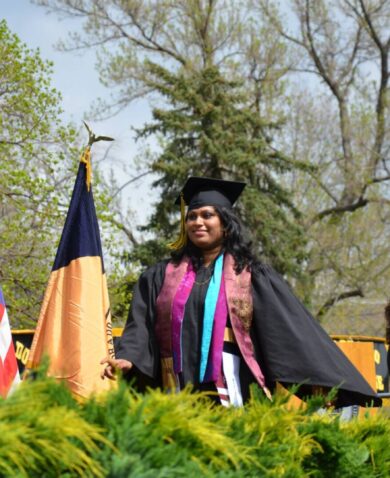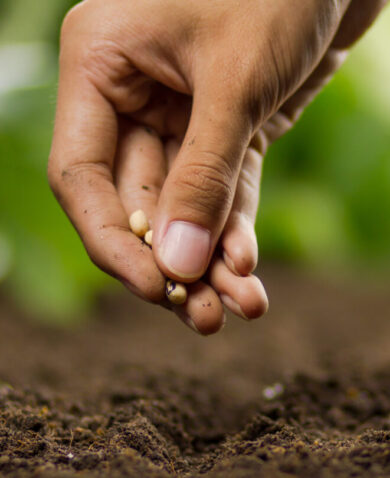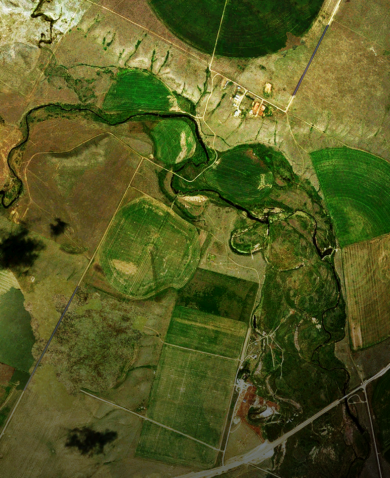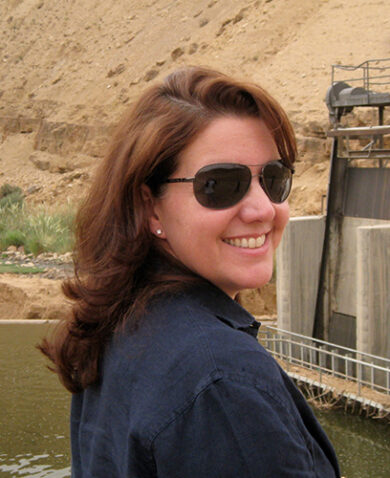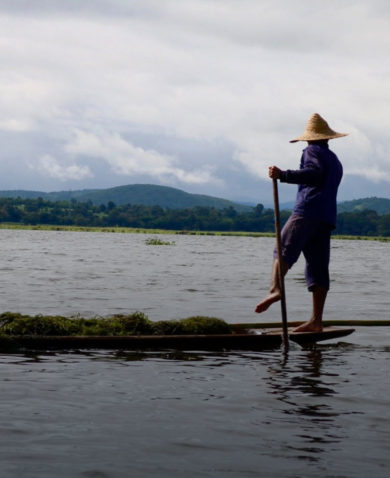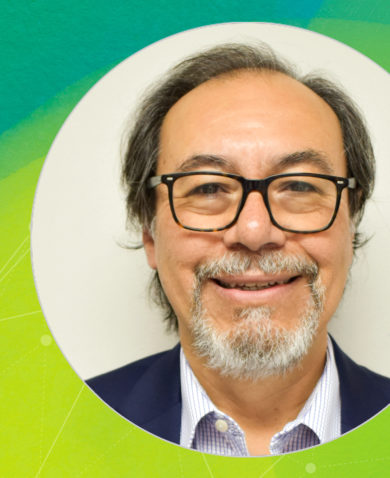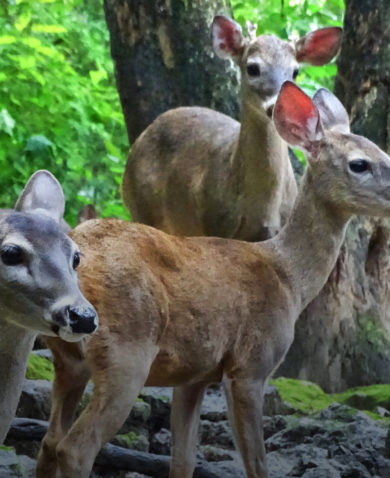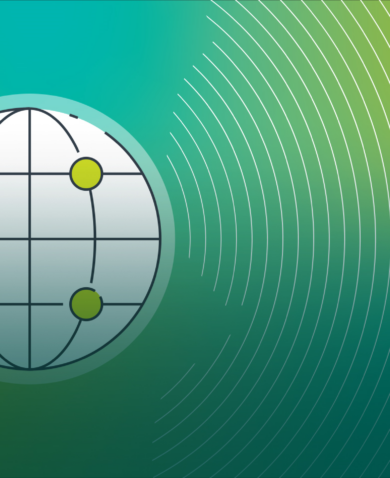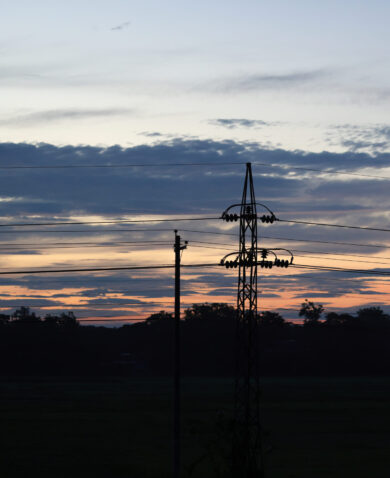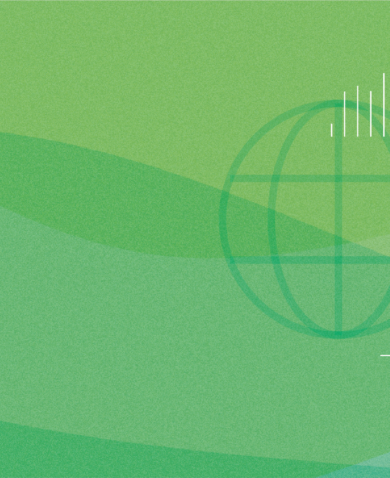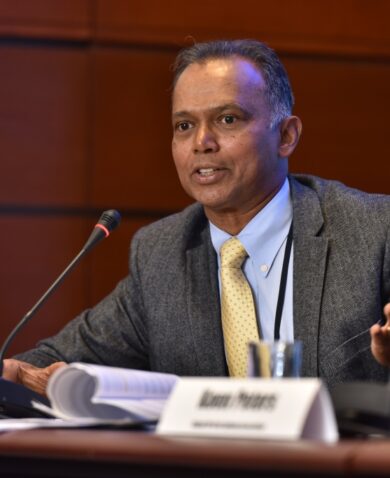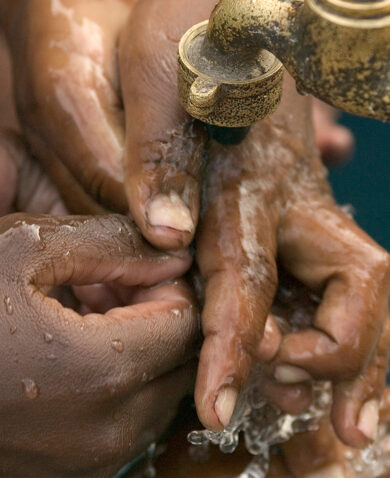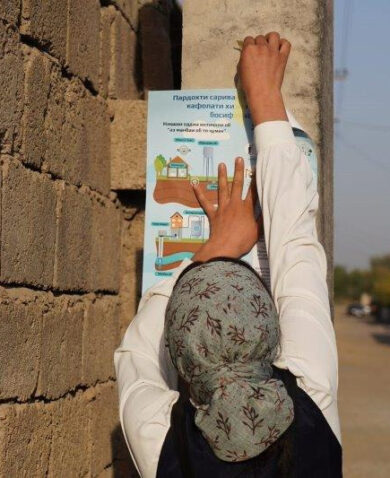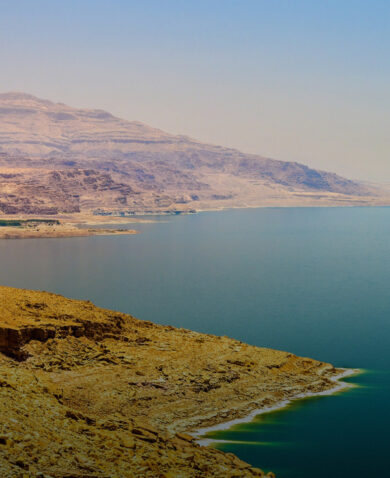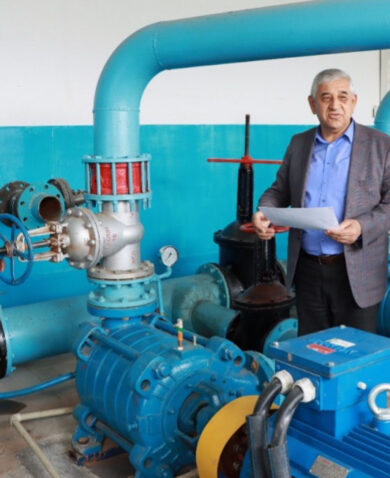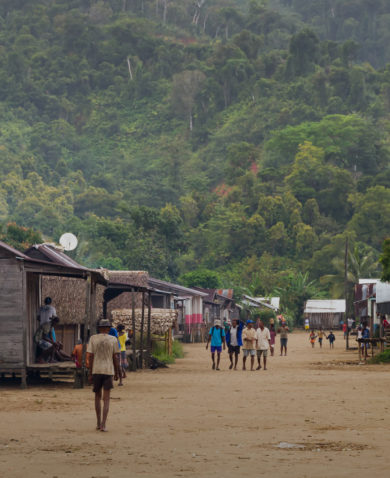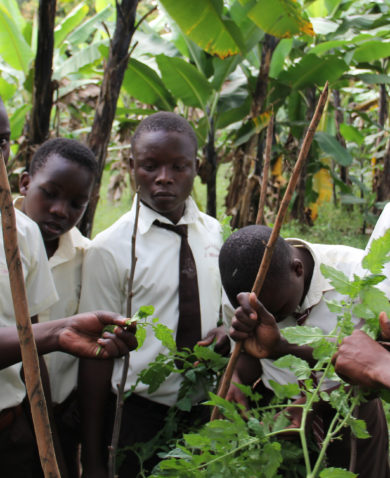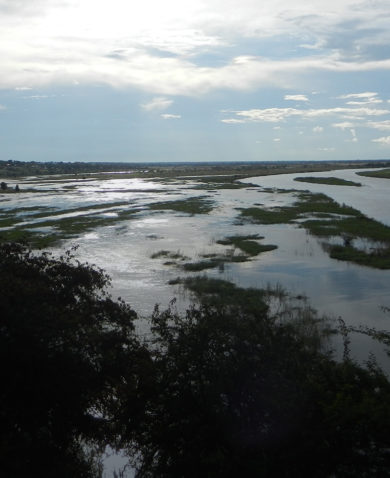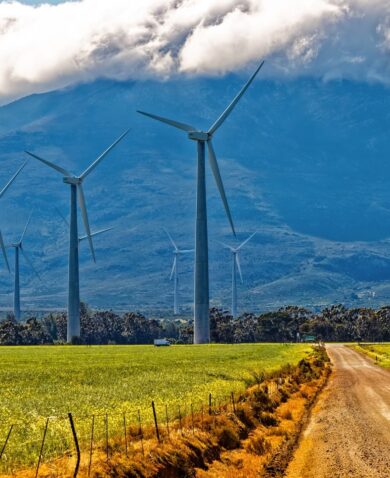2. What makes you believe that development works?
“Development” is an interesting term. Development is happening everywhere, but we need to support and guide development to make it more sustainable so that it has the greatest impact on the people and systems we’re working with. My experience has undeniably shown that we can do this. I proudly witnessed, for example, the first time village members turned on clean, running water in their community. I have also seen governments dedicate protected area status to sensitive areas for which we had developed requisite management plans. In these and other cases, we worked hand in hand with governments, partners, and communities to make their efforts more efficient and impactful.
It is the timing of our work that is, perhaps, the more critical aspect. The difference, for example, between developing and implementing a management plan now — with assistance from our programs — or later without that assistance could be that there are no longer resources and wildlife to conserve in the “later” scenario.
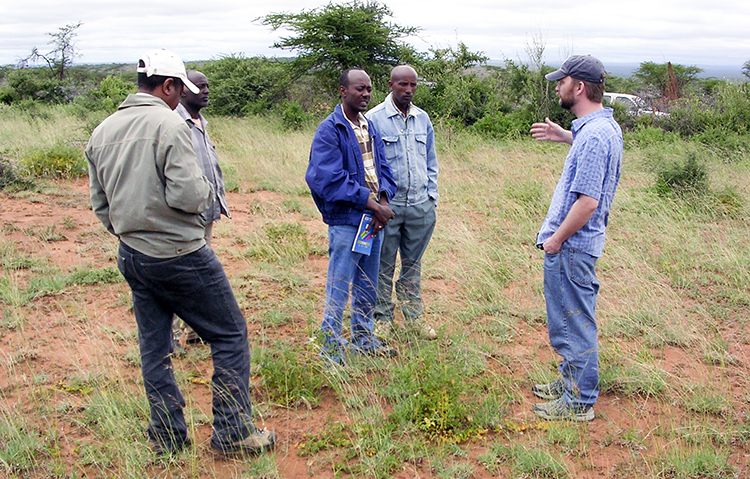
3. What has been the highlight of your development journey so far?
From a personal perspective, living with my wife and two small daughters in Botswana for more than four years has been the highlight. The opportunity to expose our daughters to different cultures, languages, people, and perspectives — not to mention visiting the nearby wildlife parks — was an amazing and unique experience.
The moment when the magnitude and importance of development work hit me, however, was when I was visiting a small community in northern Botswana to see the sanitation work we were doing together. While touring several compounds — where people were proud to show us the new latrines and handwashing stations they had built — a woman approached me. She explained that, before working with the program, members of her village did not know why their children would sometimes die, but now they knew why and could do something to prevent it. This moment is one that I often think about, and it always reminds me of the importance of the work we do and the impact it can have.
